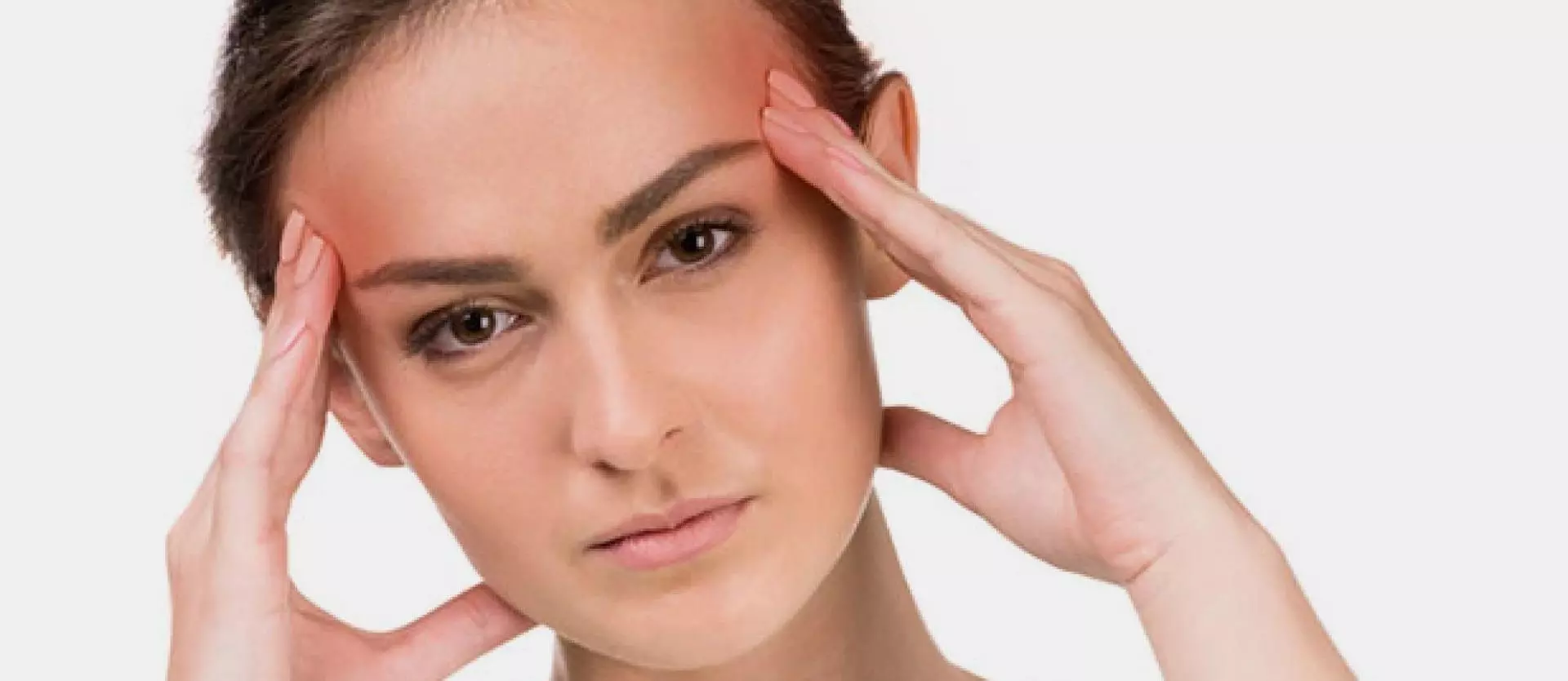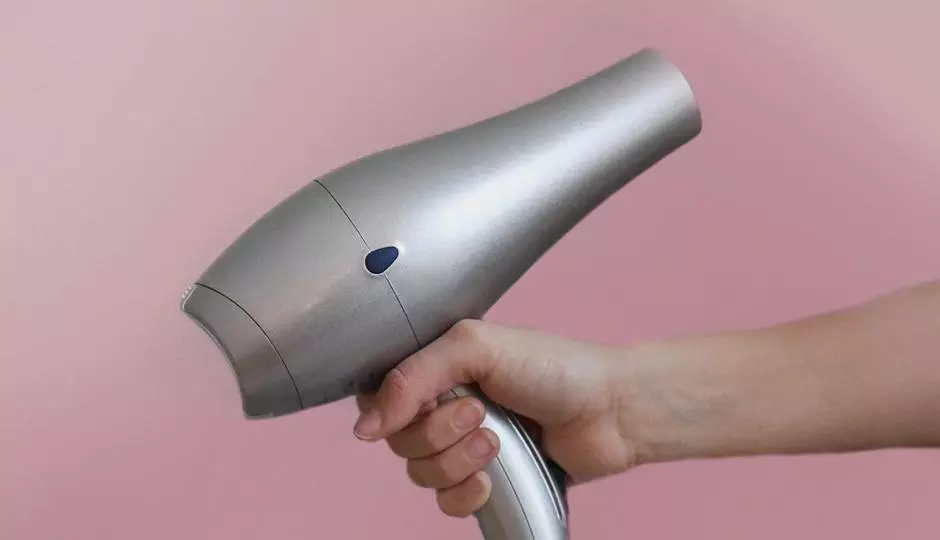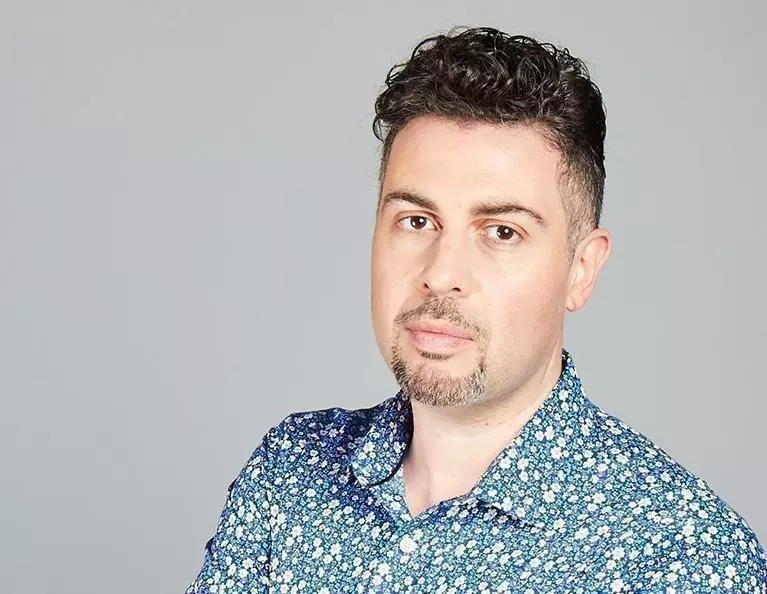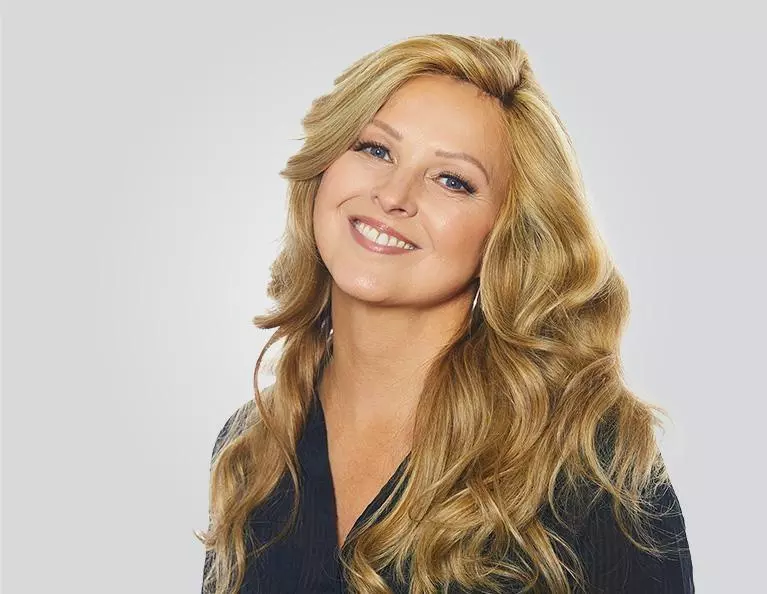Trichotillomania is a condition that can be debilitating to any person it impacts. In this condition, people experience irresistible urges to pull hair out from their scalp. They may pull hair from other areas of the body as well including the eyebrows. Even though these individuals often want to stop this type of action, they feel compelled to do so. As a result, the condition is often thought of as a type of obsessive-compulsive disorder. It's serious, mostly unknown, debilitating, and overwhelming for those who face this condition on a daily basis.
Why Does Trichotillomania Happen?
Doctors are not sure what triggers the need to pull hair like this. Generally, though, the condition leads to patchy spots of balding. This only furthers the worsening of the condition because those who struggle with the condition then have to find a way to hide it. This can cause individuals to struggle with social situations, school, and work functions. Many people who have this condition go to extreme measures to hide it.
Not all people experience the most severe forms of the condition. For some, it can be mild and it can come and go. Some younger individuals can outgrow it as well. However, when the condition becomes compulsive, where there is a constant need to pull hair, it is continuously debilitating. What's worse is that many people who have this condition at this severity level will struggle in silence with it. That's because the condition is mostly unknown and misunderstood.
Trichotillomania isn't fully understood by doctors. However, it is generally thought to be a condition brought on by hereditary factors as well as environmental factors. Doctors believe that some may have complications related to the natural brain chemical balance. Serotonin and dopamine, which are important chemicals for pleasure and relaxation, can often be unbalanced in those who have trichotillomania.
When Does Trichotillomania Become OCD?
The big question for many individuals is whether or not the hair pulling is a form of OCD. Obsessive-compulsive disorder is one in which individuals have a failure of the ability to resist an urge or temptation to do something. It goes beyond a behavioral problem and becomes uncontrollable. Other examples of OCD behavior include checking the same thing hundreds of times, pathological gambling, kleptomania (the need to steal) and explosive disorder (outburst of aggression or anger.) What makes trichotillomania OCD-like behavior, then?
- The condition is recurrent.
- There is noticeable hair loss present as a result.
- There is a higher level of stress that happens immediately before pulling hair or when the individual tries to resist the need to pull hair.
- There is gratification or a sense of relief when the hair pulling occurs.
- It causes mental strain and anxiety for the individual.
When the condition becomes impossible to control, it's important to reach out for help.
You Don't Have to Struggle Alone
First, realize that treatment options exist for this condition. Options include cognitive therapy and commitment to therapy. In some individuals, the use of medications can help to stem the OCD-like behavior and improve overall clarity. Individuals are most successful at treatment when they seek out treatment as soon as possible and stick with it. Treat this condition like you would any type of mental health disorder. It requires the same level of attention and care.
Second, realize you are not alone. You don't have to suffer and think that there is something wrong with you because of this need. The TLC Foundation provides a wide range of supportive tools, information, and advice online on trichotillomania and other body-focused repetitive behaviors. You can learn more about why it is happening, what can be done about it, and how others deal with the condition. Best of all, you can find other people who are also struggling with the condition and learn how you can be a part of overcoming the condition and educating the world about it. Trichotillomania is a serious condition and one not to ignore. If you are struggling with it, take a few minutes to talk to your doctor about it and get the help and support you need.
If you need help covering the areas of hair loss due to trichotillomania or need help finding a group in your area, contact Unique Hair Concepts for a free, private consultation.






